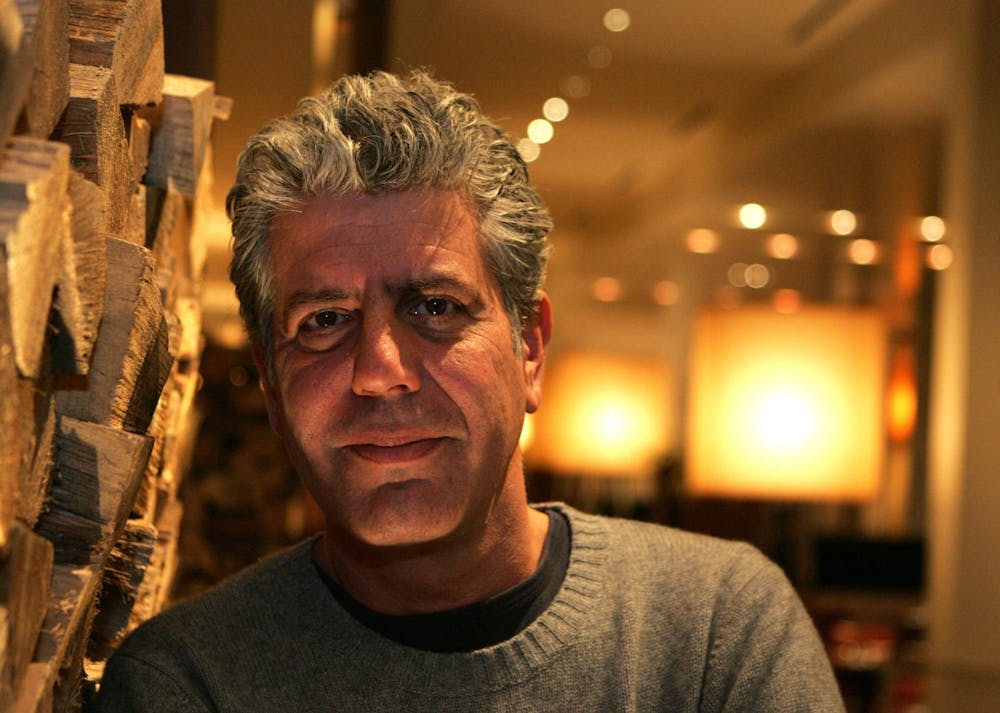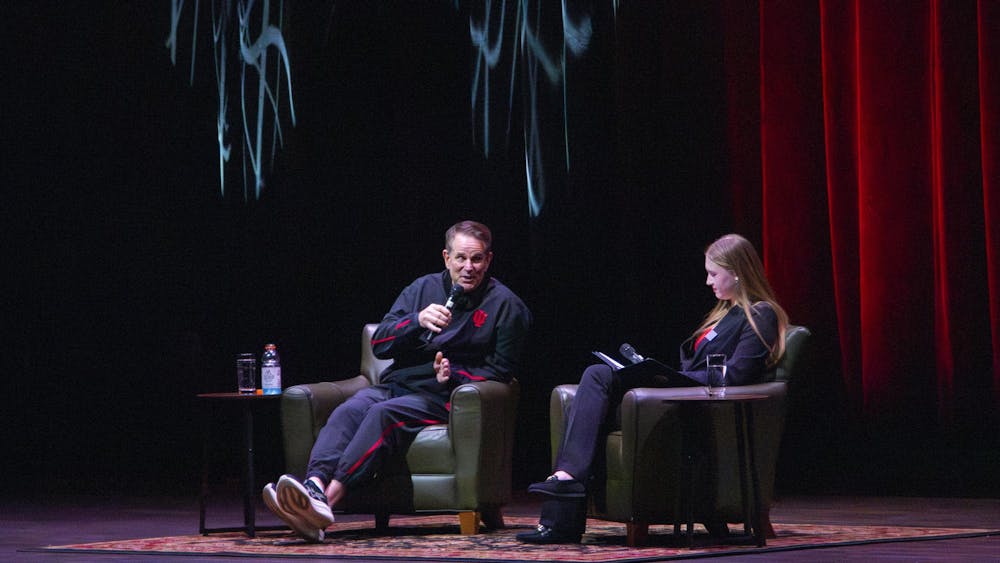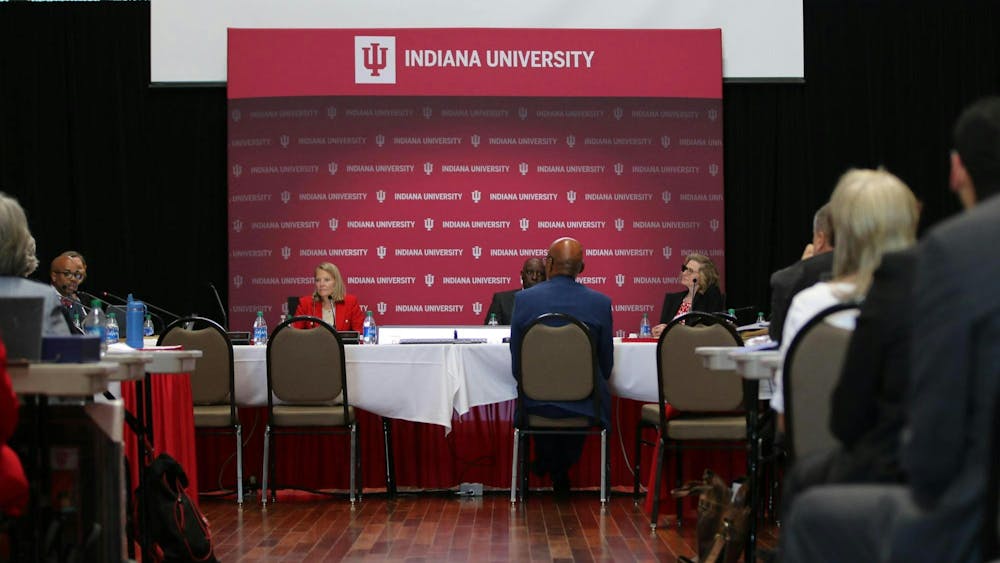Anthony Bourdain.
It’s been a few years since I first became captivated with this icon. It all started when I read his book “Kitchen Confidential” in the summer of 2019 and fell in love with his work.
Watching the recently released documentary “Roadrunner: A Film About Anthony Bourdain” directed by Morgan Neville only strengthened my respect for Bourdain.
Born in New York City, a rebel and avid drug user throughout his 20s, Bourdain became a respected chef, author and travel guide/documentarian widely known for his CNN series Parts Unknown.
I think the reason so many people, including myself, are so fascinated with this man is the complexity of his character. On the surface one might think Bourdain is just your average machismo chef, high on fame and unidimensional in the way he faces the world and others. However, “Roadrunner” proves this could not be further from the truth.
The film explores not only the career Bourdain led, but also the challenges he faced and the people he impacted.
It’s been three years since Bourdain took his own life and the world is still in shock. Personally I think it’s important to focus on the life he lived rather than fixate on his tragic death, but the documentary does a good job of presenting the end and aftermath of his life. Different explanations for the pressures that led to his death have been explored and are implied in the documentary.
Spending the majority of the year on the road away from his daughter, an addictive personality and his relationship with actress Asia Argento are some of the reasons the documentary attributes to his darkened state of mind near the end of his life, although we will never truly know.
By now I have watched almost every Parts Unknown episode and I have not discovered a single place he went that I don’t want to go. He makes every location from Mississippi to Vietnam relatable, intriguing and important.
It’s not just about the food. For Bourdain, the food was only a launching point for conversation, connection and compassion. This message greatly resonates with me as someone from a multicultural background where food is a major priority not only in regard to flavor and sustenance, but community.
The documentary points out the irony that, although Bourdain hosted a TV series where he interacted with many people every day, he was an introvert. One thing I love about Bourdain, which comes out in his writing and speech, is his snarkiness. He’s bold, knows what he wants, and will make it known when you fail him, but deep down he’s quiet and pensive.
“Roadrunner” does a great job of capturing all that is Anthony Bourdain. Although the documentary greatly praises him, Bourdain is not glorified to an unrealistic degree. The individuals interviewed are truthful about their relationships with Bourdain and his behavior throughout the years.
Sometimes it’s hard to think he’s truly gone because so much of him still exists. I think all people should know who he was and the message he signifies: being open to new places and people, embracing the opportunity to change and grow from life’s experiences. “Roadrunner” honors a legend who I believe made the world just a little bit better. Bourdain struck down the barriers of culture, politics and geography to unite the world through food.
The National Suicide Prevention Lifeline is 1-800-273-8255.






